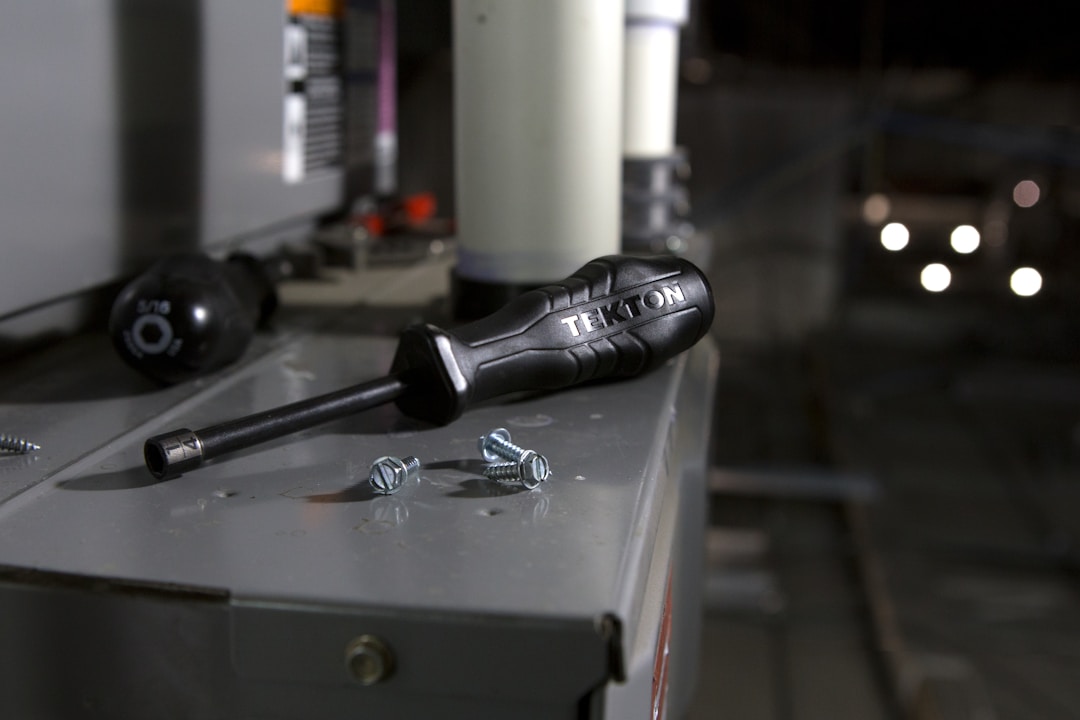Purchasing a new home or maintaining an older one is a significant investment. To protect this investment, most homeowners purchase an insurance policy and a home warranty. This is so important that institutions providing funding for mortgages mandate homeowners insurance coverage. The reason for these protections is that at some point there will probably be a need for some kind of costly repair to the home. Homeowners are also aware of the possibility that there might need to be an expensive repair to home appliances and systems. So with the uncertainty of hidden expenses due to repairs, many people debate the purchase of both a home warranty and home insurance policy.
A home warranty is a contract that’s similar to insurance. In principle, these two agreements provide protections for most things that can go wrong with your house. When something in the home fails or is damaged, there is a financial safety net for homeowners. Along with the similarities, however, there are also crucial differences for homeowners to be aware of. Let’s take a look at a comparison of home warranties and insurance contracts.
What is a home warranty?

A home warranty is an annual agreement the protects a home’s major systems and appliances. Home warranty coverage is similar to a home insurance policy, based on the financial protection it provides and how it is used. When comparing the two, though, it is similar to the difference between travel and life insurance. Both provide protection but are used to cover different things. Home warranty coverage requires a yearly premium between $300-$600. When the refrigerator or plumbing malfunctions, if it is covered by the home warranty plan, the home warranty company will dispatch a technician to correct the issue. If the problem is the result of something covered by the agreement, the home warranty company will cover the cost of the repair or replacement.
What does a home warranty cover?

While home warranty coverages can vary significantly base on the company ad the agreement, they generally cover appliances and major systems. Everything from dishwashers and stoves to the electric system and plumbing may be covered. Home warranty companies generally have various plan levels available. These plans provide limited coverage on select items or umbrella coverage on a variety of items. A home warranty will step in when the manufacturer’s warranty will not. There will also be an extensive list of items not covered and situations where the warranty is not valid. Most companies will also offer add-on options to cover things like swimming pools and spas.
What is homeowners insurance?

As discussed, if a homeowner has a mortgage, the mortgage lender will require homeowners insurance. Home insurance provides coverage for a home’s structure and the personal property inside. Damage or loss that occurs from events such as fire, theft, vandalism, or natural disasters will be covered by home insurance. Similar to a home warranty, homeowners also pay a yearly premium for coverage. The average premium is between $300-$1,000 a year. When something is damaged by a disaster or other covered event, a homeowner will file a claim with the insurance company. There will usually be a deductible that the homeowner will pay before the insurance company pays the claim.
What does homeowners insurance cover?

Homeowners insurance covers damages to a house or personal property as the result of a covered event. A homeowner’s insurance policy usually calls the events perils. Some policies will have named perils and will only provide coverage if damages occur as a result of a specific peril. Other policies, however, have a wide berth of coverages and will protect against loss due to numerous perils.
As a general rule, home insurance will not cover appliances or systems. If your HVAC system malfunctions, your insurance policy will not provide coverage. If your HVAC malfunctions and causes a fire that damages the home, the insurance company will step in after the deductible and cover the loss. If your home is broken into, however, and your microwave is stolen, your insurance could cover it depending on the limits of your plan.
A home warranty and a home insurance policy both function similarly. Each agreement requires a yearly premium and outlines specific items that are covered. A warranty and an insurance policy will both provide financial protection in the event of damage or loss. If you have requisite insurance, there are few things to consider when looking at warranties. The main difference between a warranty and an insurance policy is what is covered. Home insurance will pay for structural damage and personal property loss, while a home warranty covers issues with major systems and appliances.







